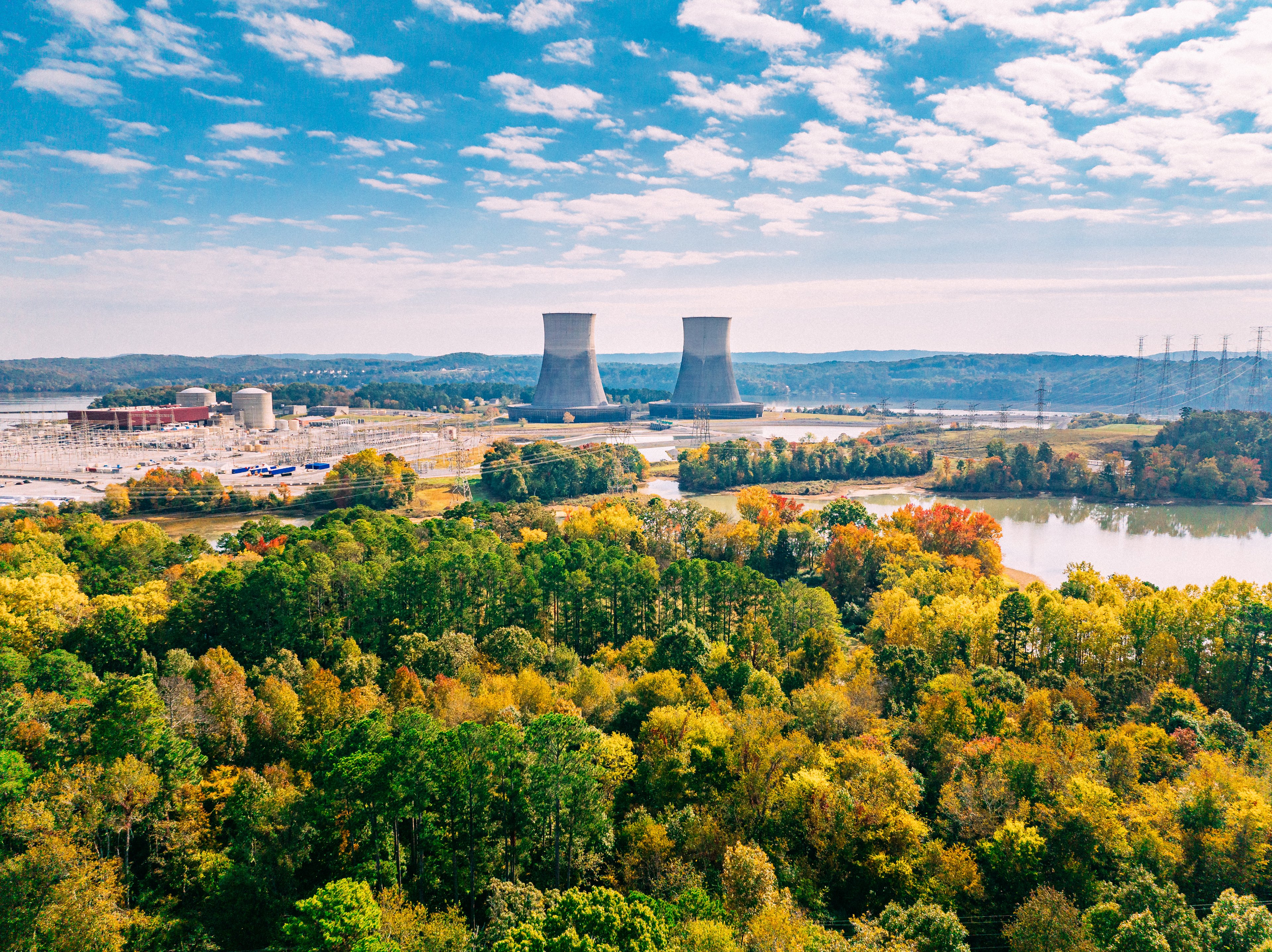The rise in oil prices has been, in part, attributed to confidence that OPEC will extend the cap on global oil production through 2018.
In this segment of Industry Focus: Energy, show host Sarah Priestley and Motley Fool premium analyst Taylor Muckerman discuss how realistic that hope is. Oil-producing nations such as Nigeria and Libya are upping production and show no sign of wanting to participate in a cap. As crude approaches $60 a barrel, more and more U.S. shale producers will be tempted to frack the untapped potential of waiting wells.
A full transcript follows the video.
This video was recorded on Sept. 28, 2017.
Sarah Priestley: I'm interested to get your opinion, too, because as you said, everybody's focused on OPEC. But I'm wondering how much actually OPEC contributed to this rally. There's a ton of concerns right now over whether they're actually going to be able to cap production. If you look at, North Sea oil is coming back online, Nigeria and Libya were previously left out of the deal because civil unrest in those countries was thought to depress production. But now, Nigeria, the vice president arranged a ceasefire with militants in that area that have cut off the pipelines. Libya, the top official at Libya's National Oil Co. has no intention to cap its output. Between them, they only supply 7% of the world's crude. But this is just one example of many of, can they really impact the global production?
Taylor Muckerman: Yeah, you mentioned North Sea. That's been an area in decline over the last decade or so. If that comes back, it was at one point one of the largest producing areas in the world. Then, UC Brazil, with the surprising move to allow foreign investment in their offshore oil, which at one point could have been one of the biggest economic boosts for this country that it's ever seen. Instead, it decided to keep its oil markets privatized, and that was when oil was trading above $100. Now they're starting to sell off some assets down there to companies like [Royal Dutch] Shell and Total, when oil prices are in the $40-$50 range. So they missed out, it seems. But if some companies go down there and can actually efficiently produce oil out of the sub-salt fields in Brazil, watch out. These are some gushers that are expected to produce upwards of 30,000 barrels of oil a day, over decades. It's not the shale wells that deplete rapidly. These are conventional offshore wells that would produce oil for a very long time.





